Our Culture is Allowing Sexual Assault to Continue
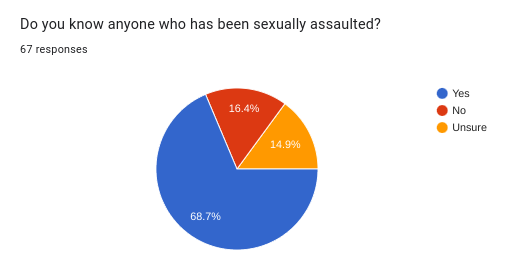
Poll taken by SPASH students
January 18, 2023
A look. a look of disgust. a look of peer disappointment. A look that would forever stay in your mind, never allowing itself to leave. Why? It was because you told them about your sexual assault. This look needs to be changed; when people are allowed to be seen and heard it makes rape victims less stigmatized. Making systematic and cultural changes towards rape and sexual assault will in return make it less common and help anyone effected from assaults or/and rape.
What were you wearing? For some reason on the first questions asked when people talk about sexual assault. This needs to be changed. It creates the idea that the person who was assaulted is at fault for their assault.
A survey taken by 58 SPASH students asked the question: were you or the person you know believed?[referring to sexual assault] 50% said yes they were and the other 50% said no. People are already having a hard time believing questions like this only allow this statistic to become worse. Victims were surveyed why they did not tell police, according to rapecrisi.org 40% said embarrassment , 36% said they didn’t think they could help and 24% said it would be too humiliating. Instead this question should not be asked at all.
Strangers?
Did you know them? Most rapes and sexual assaults happen by people you know. Rapecrisis.org has 15% of rapes from strangers. Showing that many are carried out by people you know. A lot actually happen in relationships, some people don’t even know that what happened in their relationships was sexual assault. “1 in 2 rapes against women are carried out by their partner or ex partner.” from a survey that rapecrisis.org took. As well as “For years I believed it was my fault for being too drunk. I never called it ‘rape’ until much more recently, even though I repeatedly told him ‘no’” from the article alcohol and sexual assault on National Library of Medicine. These show how many people in relationships have experienced some type of sexual assault or rape from it as well as, other people not understanding that just because they are your significant other if you say “no” it still means no.
Reporting Incidents
Equally important, people hopefully report their sexual assaults and rapes however due to people commonly not being believed as well as may not be aware that what happened to them was sexual assault. From a survey taken by SPASH students with 65 responses asked “Did you/the person you know report the incident?” [Referring to sexual assault or rape] 47.7% said they did not report the incident, 26.2% said yes and the last 26.2% said they were unsure. This shows that people who are as young as high school students can discuss rape or sexual assault but not report it. This needs to be changed. People should be more comfortable reporting incidents, if society makes a more welcoming environment for reporting.
In conclusion, making small but powerful changes such as believing people when they said they were raped or sexually assaulted as well as making it easier to report and learn what sexual assault is and what rape is as well.






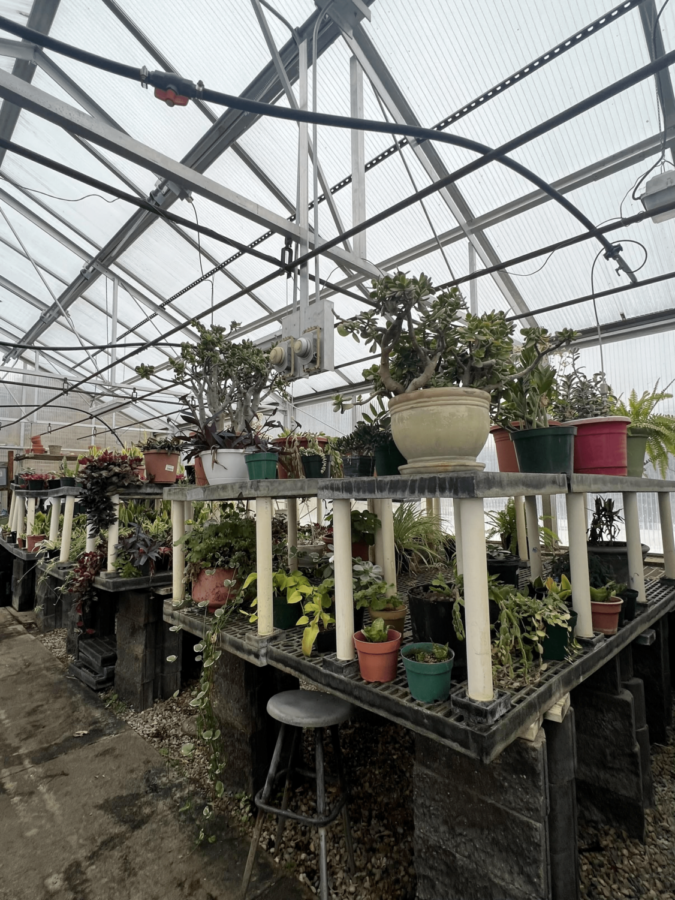













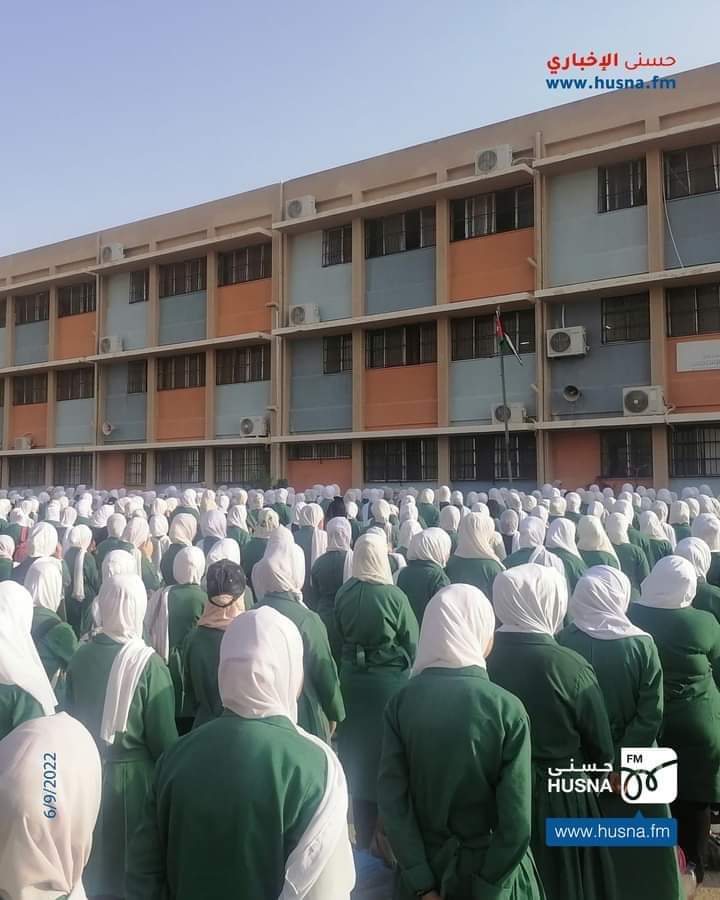



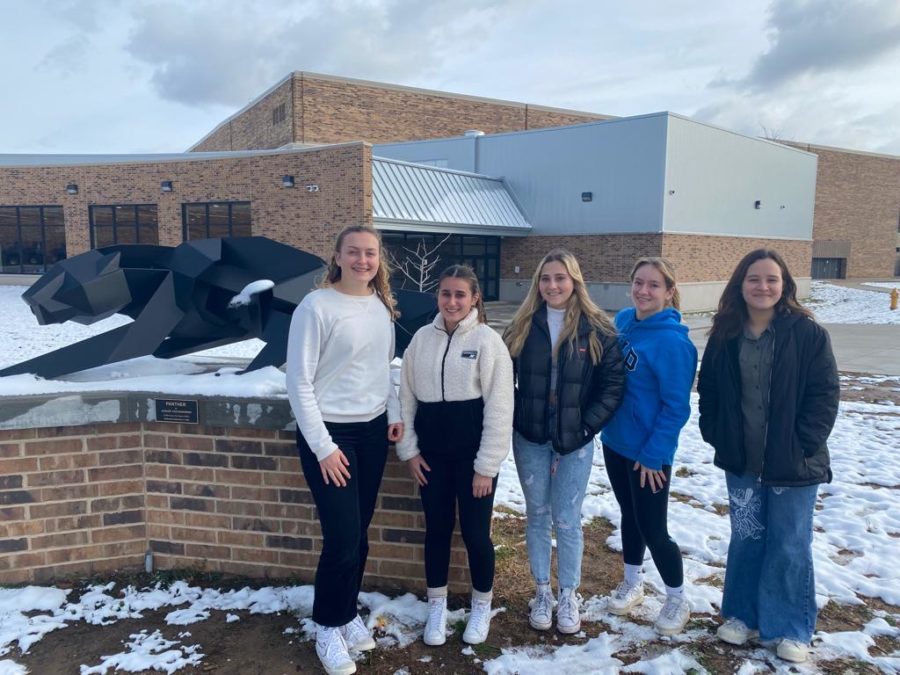
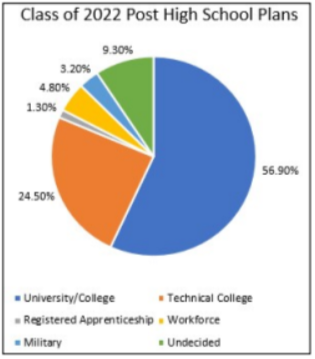
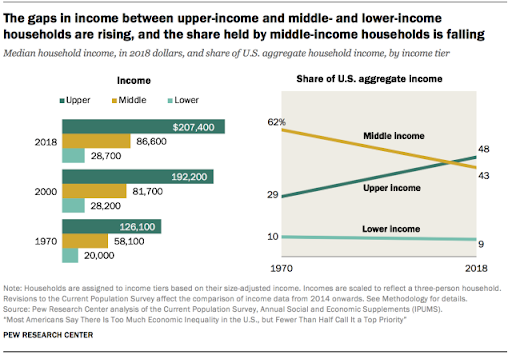
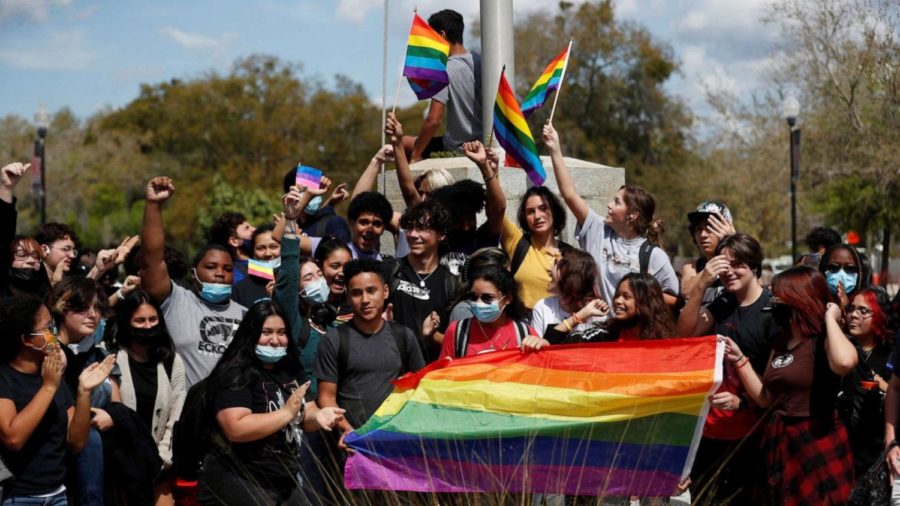






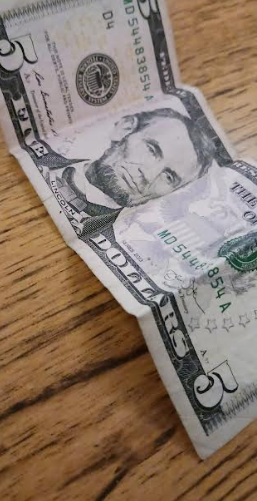



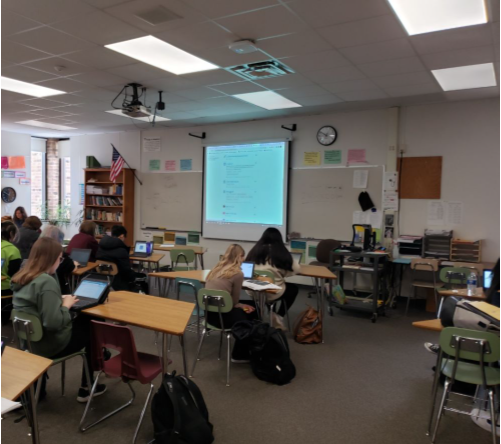
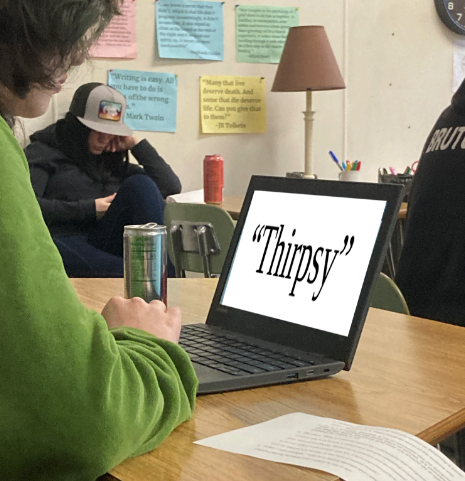


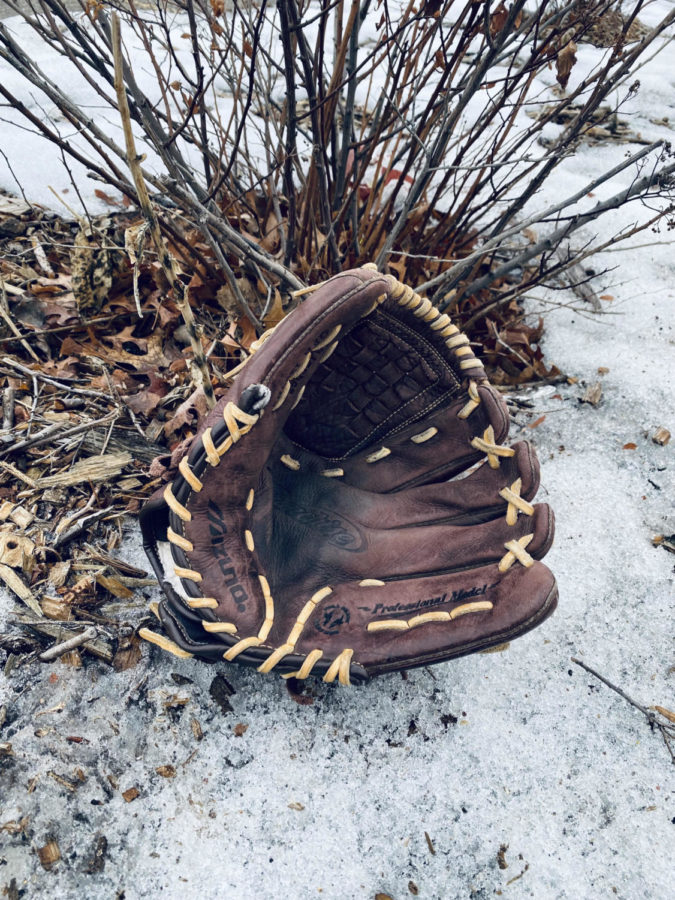

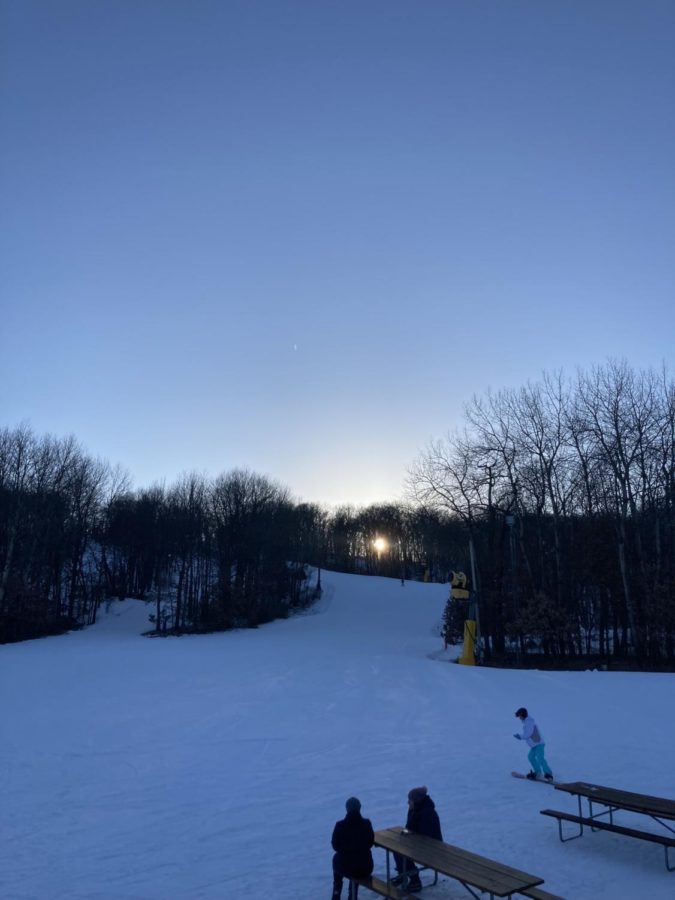
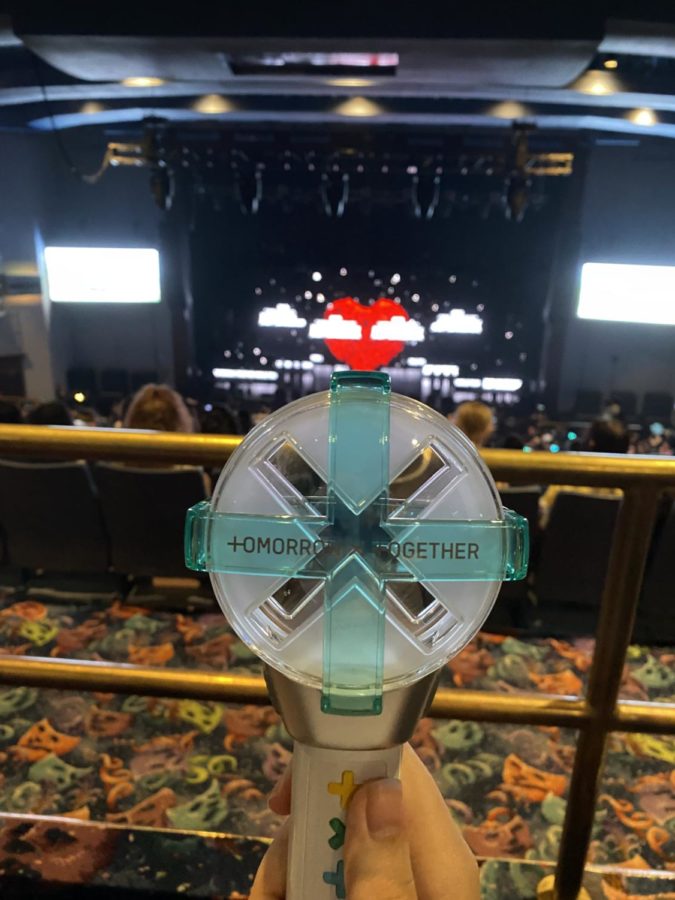

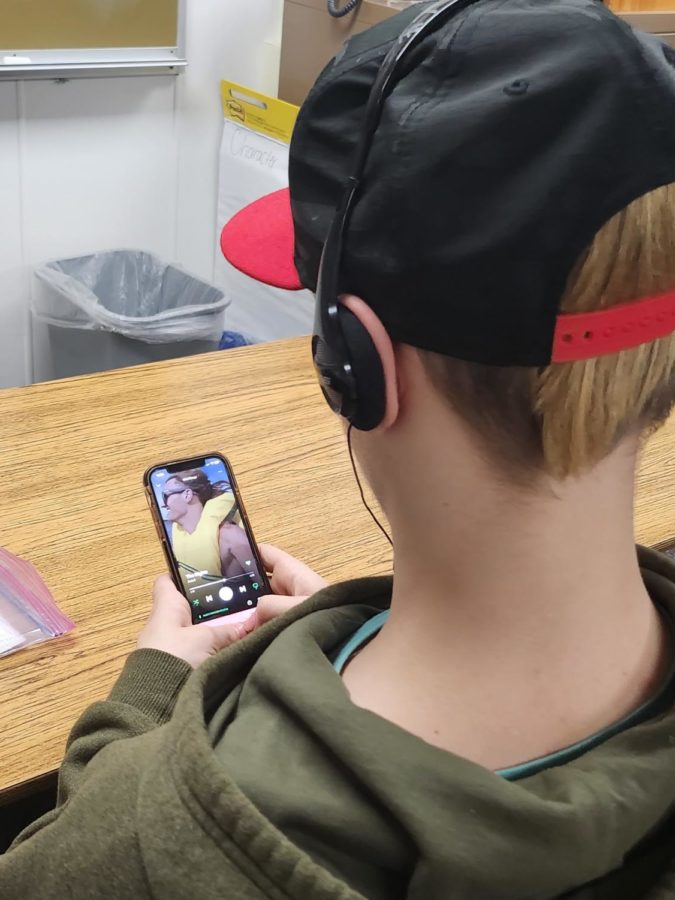







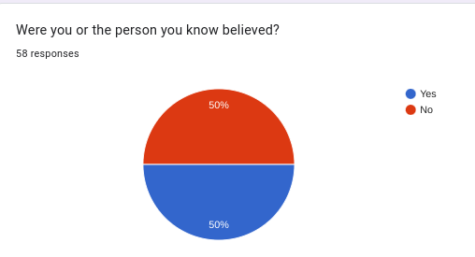




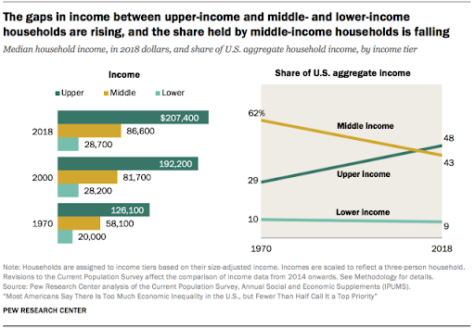
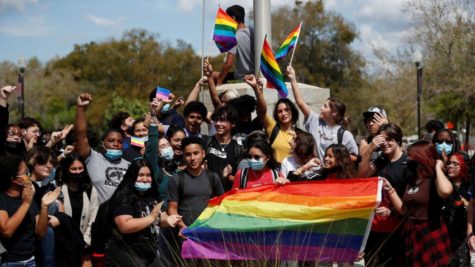
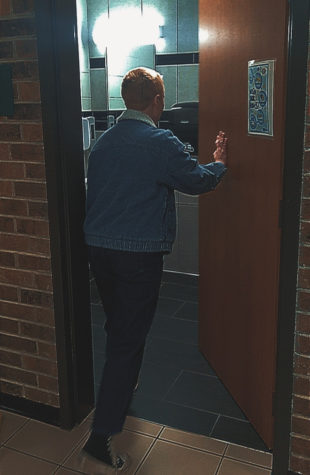
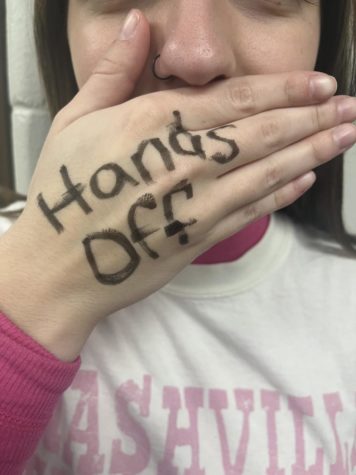
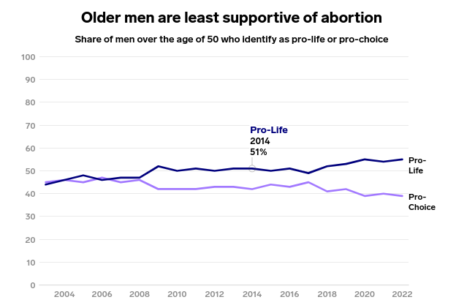
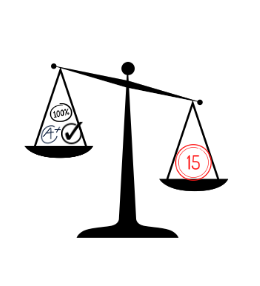
Lola Dickey • Jan 19, 2023 at 10:51 PM
Reghan, I found your article and argument to be very strong. You thoroughly explained the issue with society and highlighted key details and evidence perfectly. Your article was a very interesting read, and I am very happy you chose to inform people about this, as it is far too common. Nice work!
hannah • Jan 19, 2023 at 1:47 PM
Reghan, i really enjoyed your intro. It really hooked me in and made me really interested in what the rest of the article will be like, it gave a really deep understanding why people need to be telling others about their experience. I hope people who have had this happen will read this and get motivation to stand up. Amazing article!
Corinn • Jan 19, 2023 at 12:53 PM
Reghan, I really like this article in itself. It explains the devastation of sexual assault. I love the evidence you included from other websites and think it really backs up the statement you are trying to make.
Landen Maas • Jan 19, 2023 at 12:41 PM
Reghan, well done with this article! The hook had me interested right away and the use and placements of the graphics were perfect! The argument itself is strong and clear. I hope this article opens the eyes of many that may not have thought about it before. Good job!